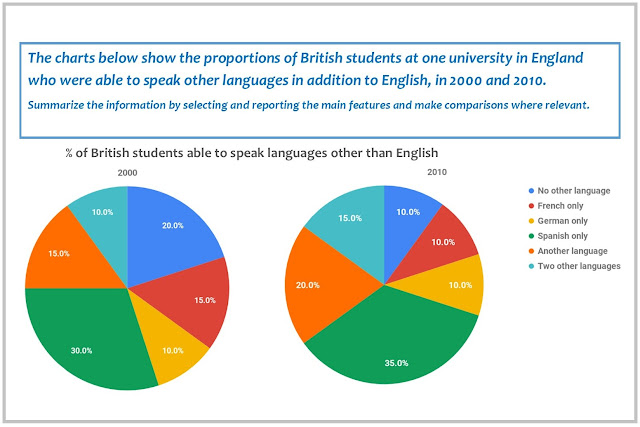Who’s Talking? Finding a Human Voice in the Age of ChatGPT
This article struck a chord. Instantly. It was written by the wonderful Marina Khudolei in my "Writing with The Guardian" course, but I can totally see it in the actual The Guardian.
✼✼✼
Who’s Talking? Finding a Human Voice in the Age of ChatGPT
A couple of weeks ago, I needed to write a polite email to a colleague. As a non-native speaker writing in English, I often second-guess the tone of my messages—am I being too formal? Too direct? Too vague? Wanting to get it just right, I turned to my loyal friend—ChatGPT—for help. The resulting email draft was immaculate in both tone and style, and, pleased with myself, I sent it off without a second thought.
When she replied a day later, I burst out laughing—her email was so eerily similar in tone and phrasing that it was instantly obvious we shared the same virtual ghostwriter. It was clear: she, too, had asked ChatGPT for help. There we were—two humans outsourcing the simple task of polite correspondence to a machine. That was the moment I swore I’d never use AI for person-to-person communication again.
This situation—my wake-up call—led me to look into the issue more closely. It turned out that using AI to draft and polish emails is only the tip of the iceberg—the number of ways people now use these tools is truly astounding. From translating casual chats and formal documents to generating entire cover letters, birthday wishes, and even break-up texts, AI is quickly becoming a go-to solution for all kinds of written interactions. People rely on it to sound more professional, more polite, or more fluent—and in some cases, more “human” than they feel capable of being themselves. And it’s not just about writing anymore: AI now handles real-time speech recognition, adds automatic subtitles, and powers voice assistants that can hold surprisingly coherent conversations.
Never before has humankind been closer to constructing the proverbial Tower of Babel: we’ve nearly overcome the language barrier that once divided us—and yet, something important may be getting lost along the way. In our pursuit of writing the perfect text, we’ve started to forget that a touch of imperfection is often what makes communication human. A machine can’t translate your personal style into a message. It doesn’t understand the inside jokes you share with friends or colleagues, and it can’t imitate the sincerity or disarming honesty we so often value in one another. When we try to strip our texts of every awkward phrase or clumsy structure—say, to avoid sounding too emotional—we risk making them sound flat and soulless. And that, in turn, leaves us with the strangely empty feeling of a conversation that looks perfect on paper but empty in every meaningful way.
I know—the image of a future in which everyone uses machine-written messages may feel intimidating, but don’t fret just yet. There’s no need to cancel your ChatGPT subscription—just set some ground rules to start with. AI is a perfect tool for generating ideas and organising them, as well as editing the final version of your text. However, you should tread lightly when it comes to using it in situations involving empathy, trust, or shared experience. Emotional intelligence is still of value in our digital era, and nothing can replace your genuine tone in a personal interaction. Don’t be afraid to write something badly—the most honest messages are often the ones that come out a little rough around the edges.
The world is changing so fast it can make your head spin, but progress is unstoppable—and AI is definitely here to stay. That’s why I urge everyone to embrace the change, but also to remember: in a future where machines can talk like us, the least we can do is sound like ourselves. So next time you read a seemingly perfect email, just ask yourself—who’s really talking?
✼✼✼
Cover image generated by: https://www.recraft.ai/





Comments
Post a Comment